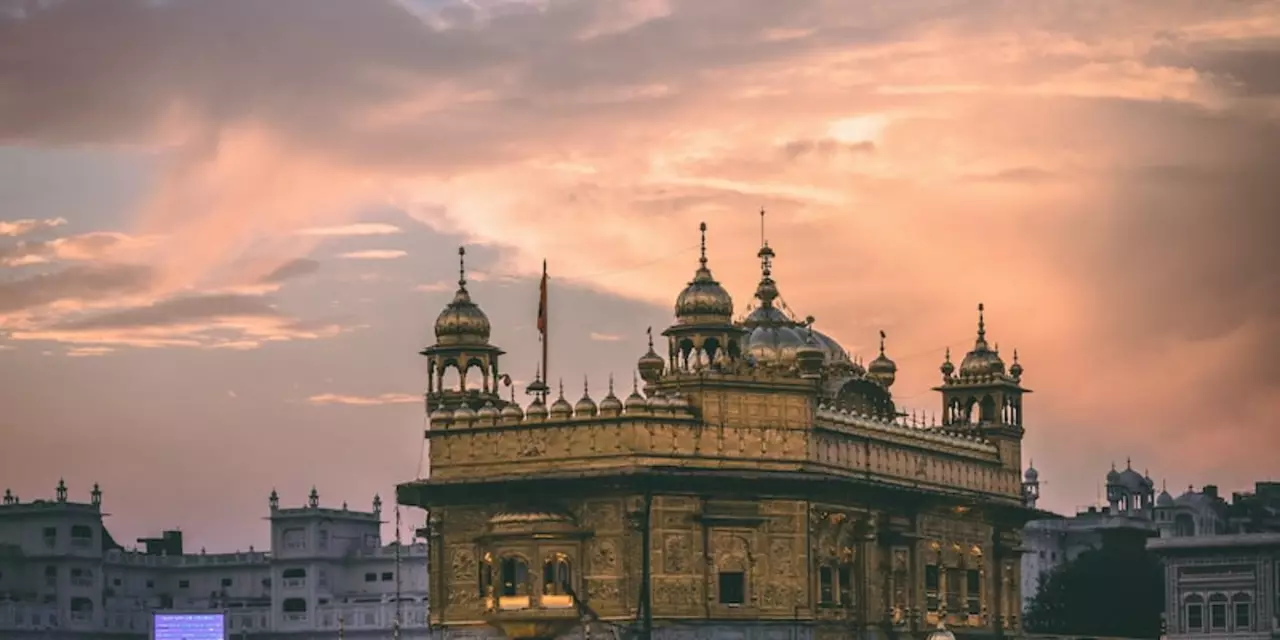Prejudice Unpacked: What It Is and How It Affects You
Ever caught yourself judging someone before you even know them? That snap judgment is called prejudice. It’s a gut feeling that tells you a person or group is "different" and often worse in some way. The feeling can be harmless at first, but it quickly turns into unfair treatment when you act on it.
Where Prejudice Comes From
Most of the time, prejudice pops up because we grow up hearing the same old stories about certain groups. Family, friends, TV shows, and even social media can feed us stereotypes. In India, you’ll hear talk about regional pride, food preferences, or castes that can shape opinions without any real proof. The brain loves shortcuts, so it clings to these easy‑to‑remember ideas instead of looking for facts.
How to Spot Your Own Bias
First, notice when you feel a quick reaction—like a frown when you hear a certain accent or a dismissive comment about a food dish. Ask yourself: "Do I really know anything about this person, or am I just repeating what I heard?" Writing down these moments helps you see patterns. If you catch yourself assuming a "worst Indian food product" is always bad, that’s a bias you can work on.
Another trick is to pause before you speak. A simple "hold on" can stop a hurtful comment about a community’s pride or a lawsuit that feels like a "Pegasus snooping" scandal. By pausing, you give yourself a chance to think about whether the statement is based on facts or prejudice.
Talking to people from the groups you feel uneasy about does wonders. Listening to a story about why someone from Uttar Pradesh is proud of their culture can replace a vague stereotype with a real picture. It’s the same with tech topics—learning why Mahindra’s XUV 3XO includes safety tech helps you see the product, not just a brand label.
When you see a news piece that seems to target a particular group, check multiple sources. A single article about "the worst Indian food" might be an opinion, not a universal truth. Seeing the full picture prevents you from forming a one‑sided view.
Finally, replace prejudice with curiosity. Instead of thinking, "I don’t like that app for watching Indian live channels," ask, "What does this app do that others don’t?" Curiosity leads to learning, and learning pushes prejudice out.
By catching these habits early, you can keep prejudice from shaping your actions. It’s not about being perfect—just about being aware and choosing fairer thoughts over old shortcuts.
Why do so many people hate India and Indians?
0 Comments
India is a country with a large population and a long history of colonialism. Despite its rich culture and diverse population, India is often subjected to negative stereotypes and discrimination. This is due to a variety of factors, including British colonialism, media portrayals of India, and India's geo-political position in the world. As a result, many people have negative views of India and Indians, leading to prejudice and discrimination. It is important to recognize these biases and take action to address them in order to create a more inclusive society.
Read More